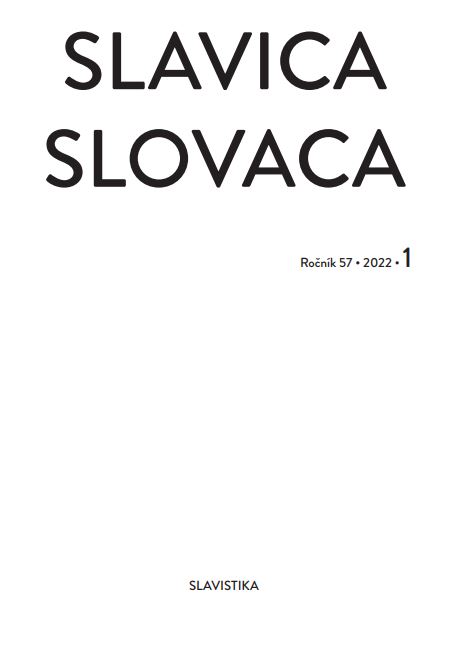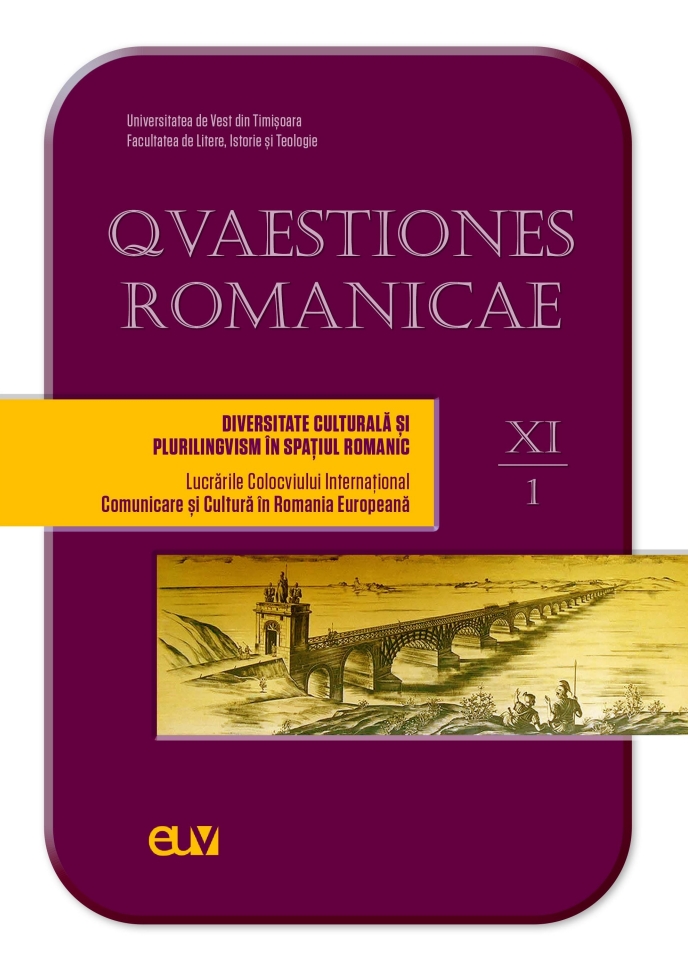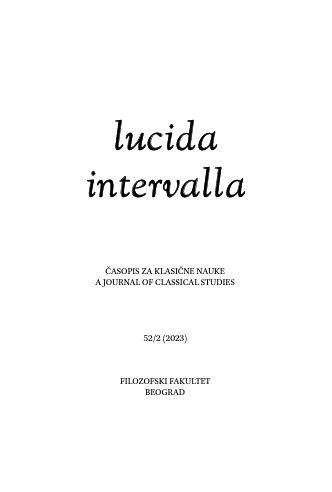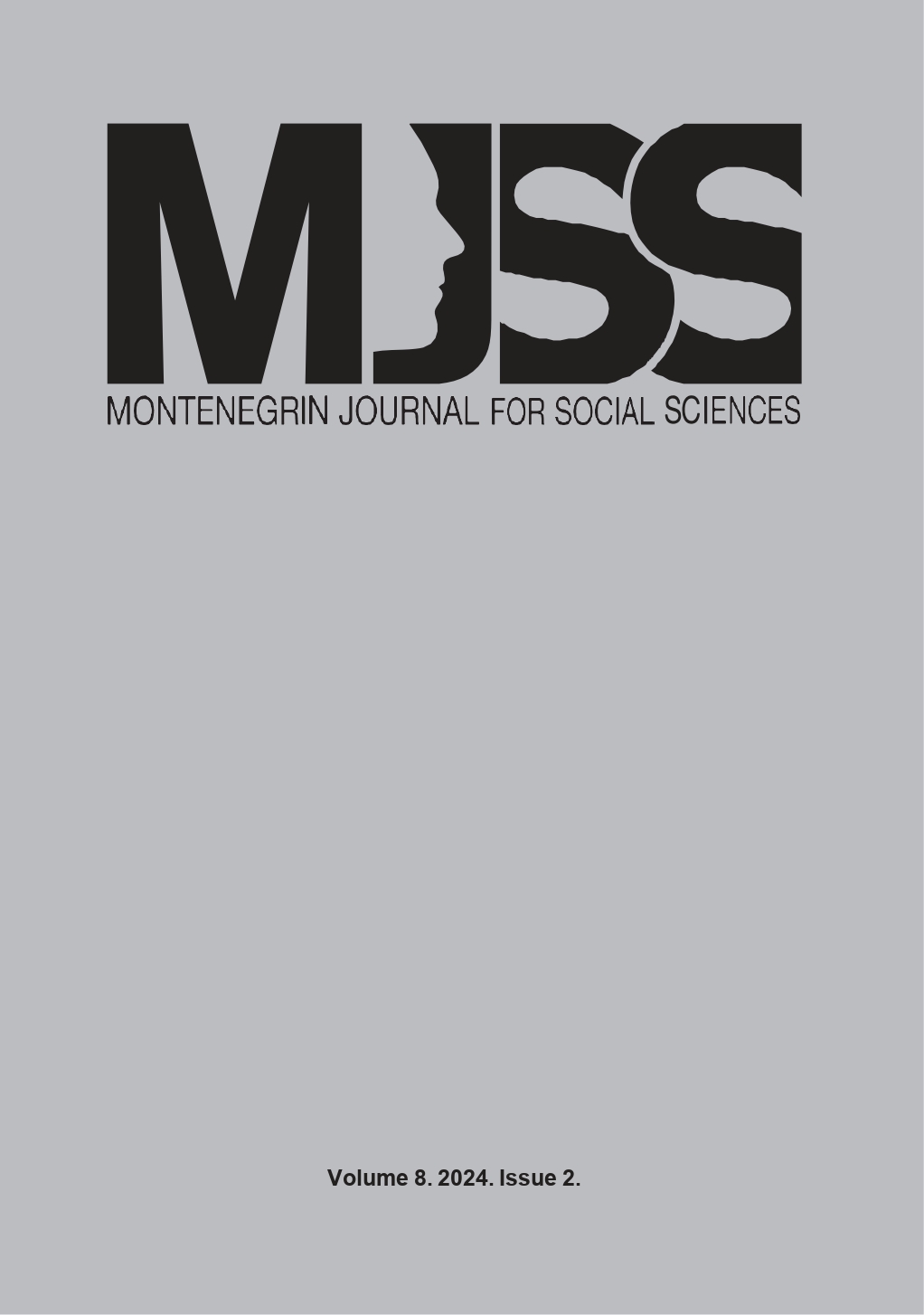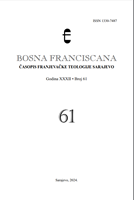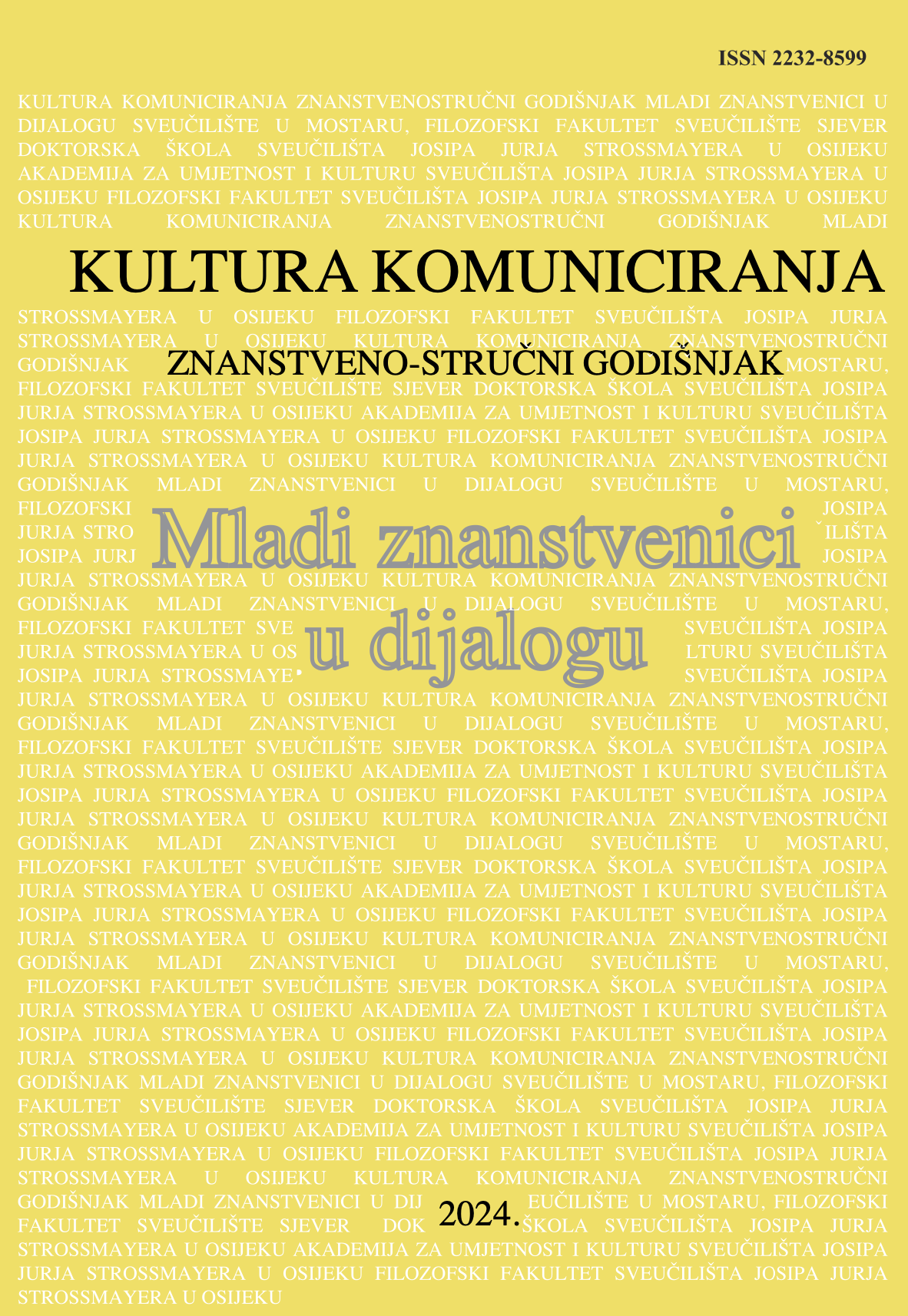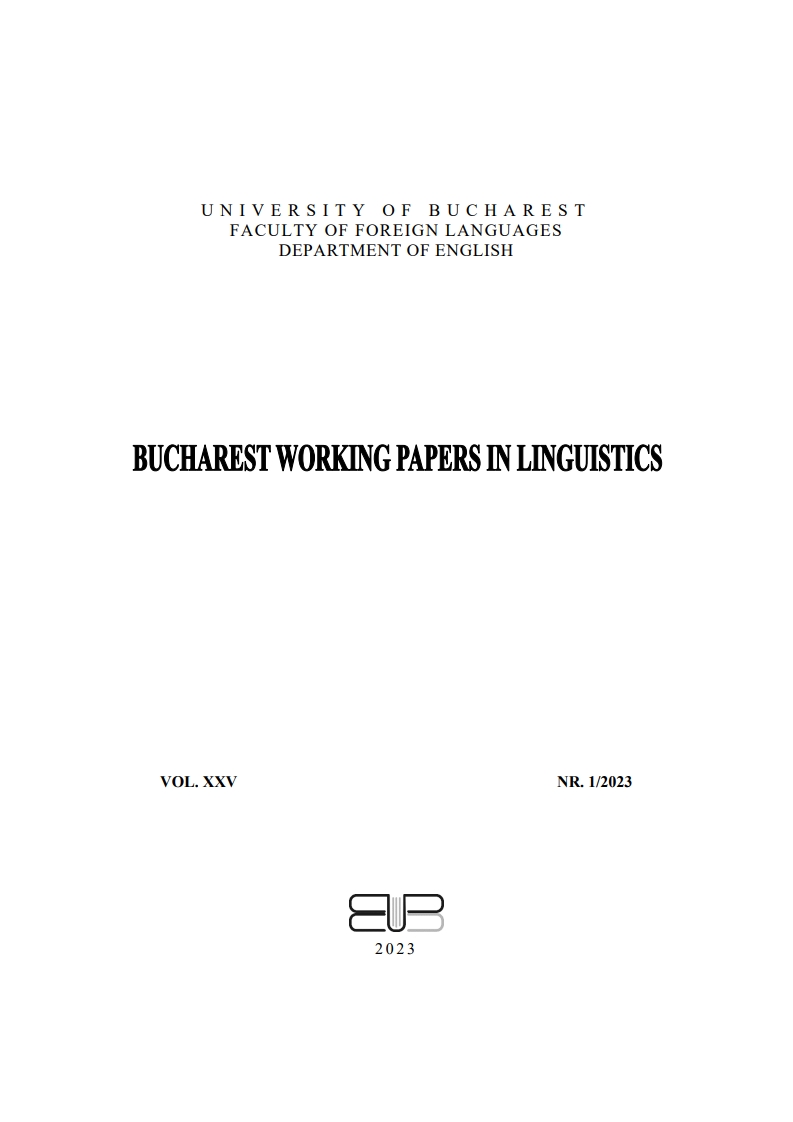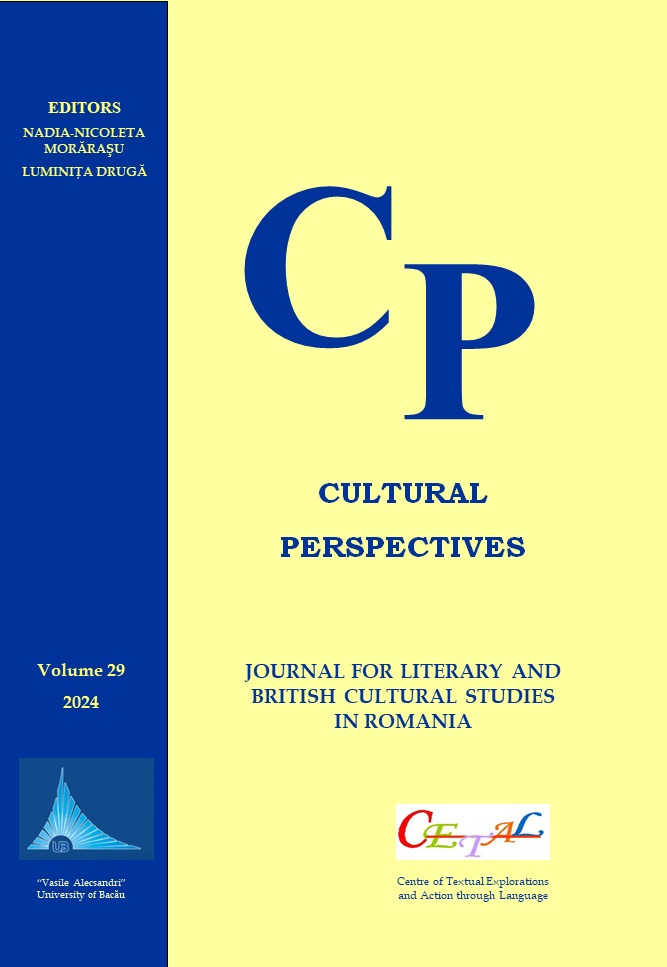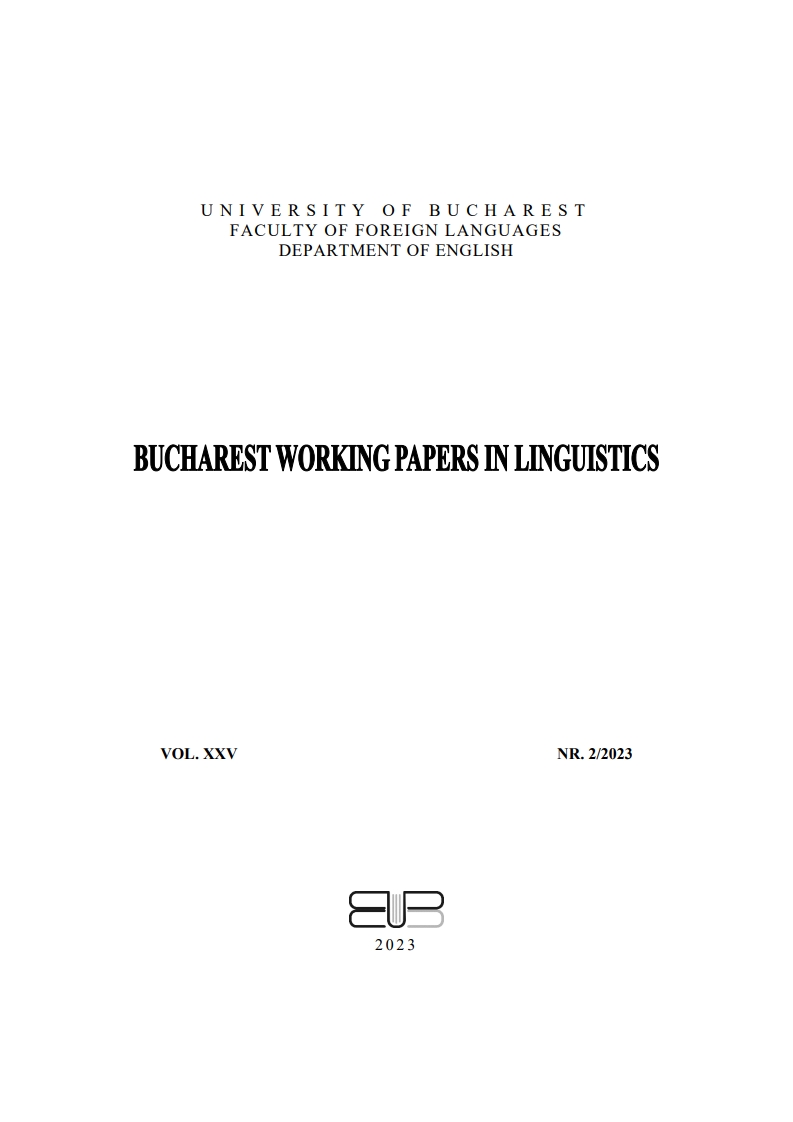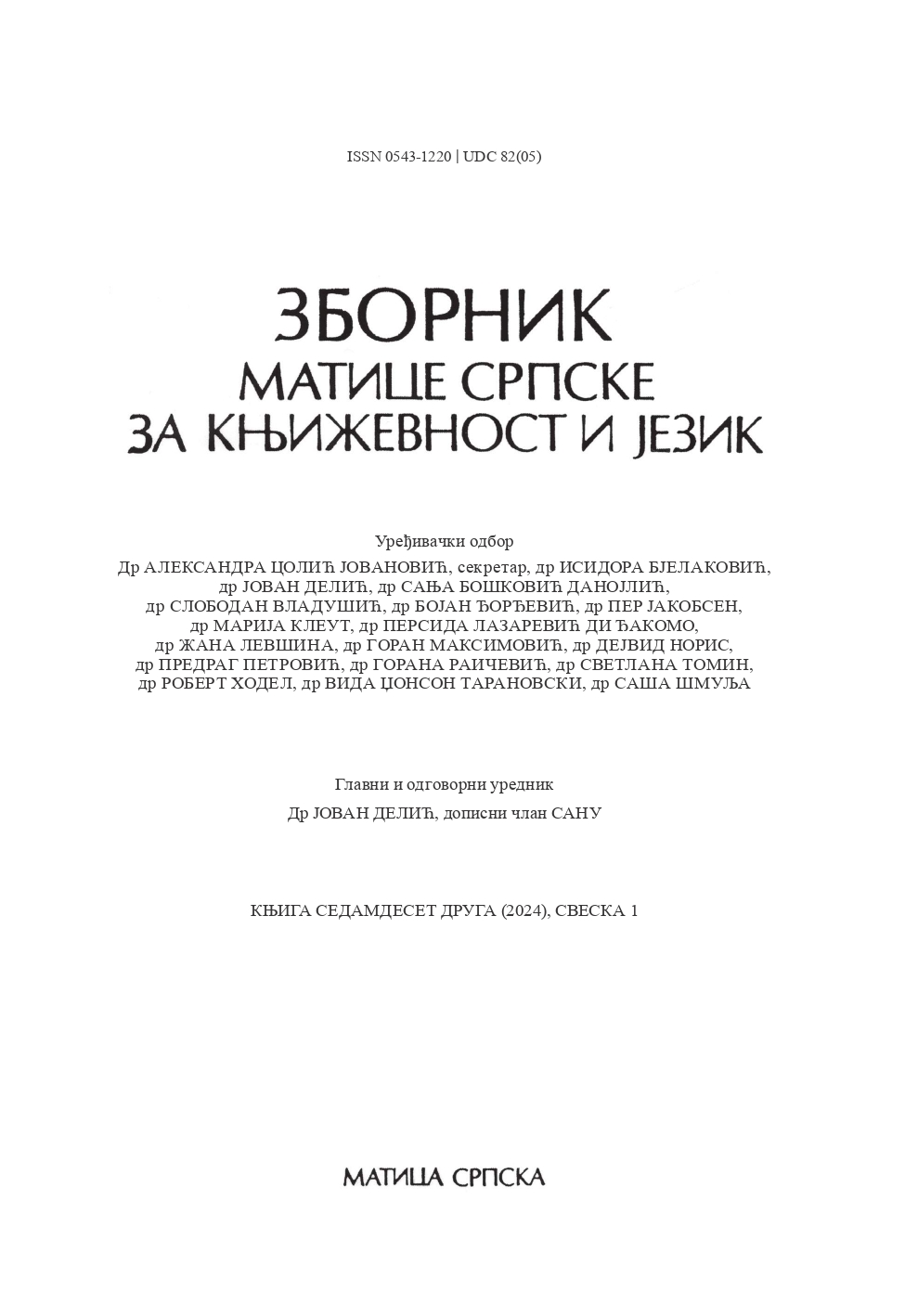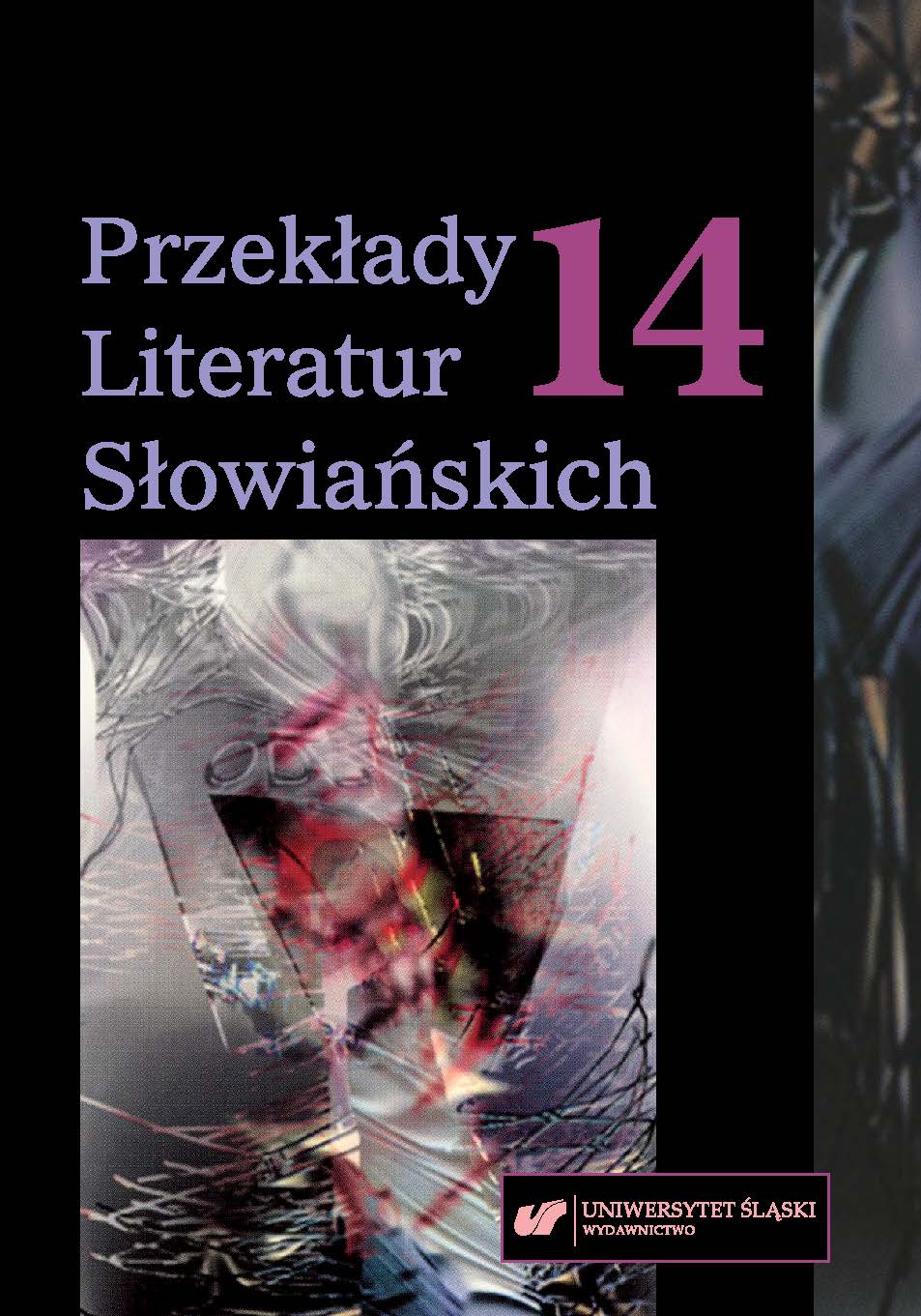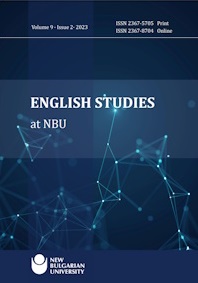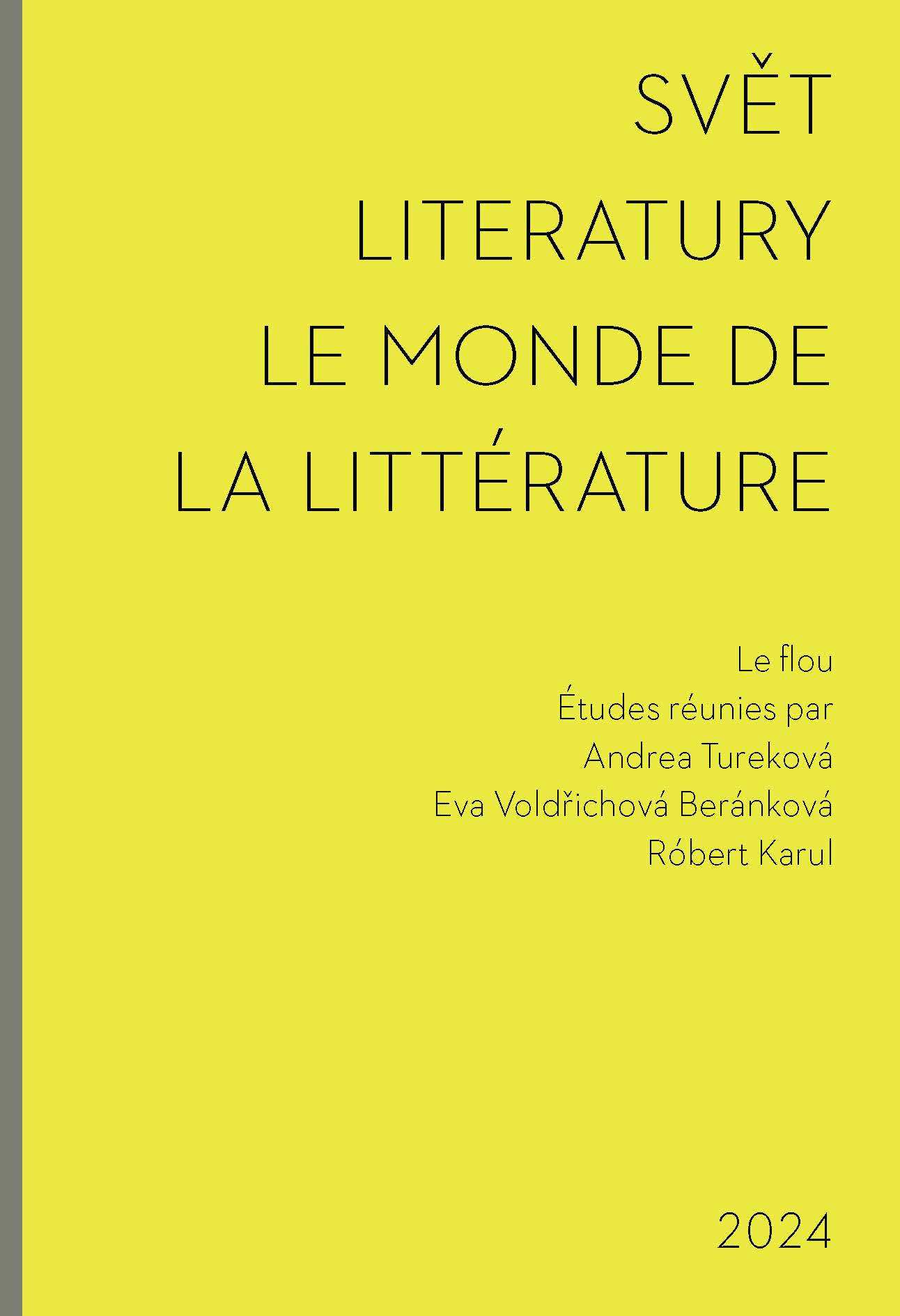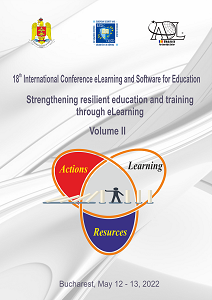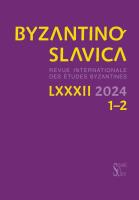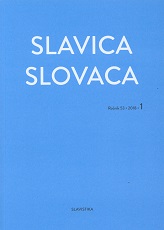
Predchalcedónska soteriologická kristológia pápeža Leva Veľkého v kontexte dobových teologicko-kultúrnych diskurzov
Pope St. Leo the Great has substantially influenced the text of the Confession of the Faith accepted by the Council of Chalcedon and used by Eastern and Western Christian Churches. In this study, we analyse Leo‘s pre-Chalcedonian Homiletic Christology. As part of our research, we are interested in his thoughts about the two natures of the Incarnation of the Word of God in his homilies. In addition to this, our study offers relevant source translations into the Slovak language. This way, we intend to enrich the previously missing translations of Church Fathers that are necessary for creation of our own Slovak theological dictionary. The homiletic work of this important pope and theologian allows us not only to perceive the versatility of cultural and educational skills of Church Teachers, but it can also provide methodological bases for the research of spirituality of everyday life at any time during the development of Christian culture in the European environment.
More...
